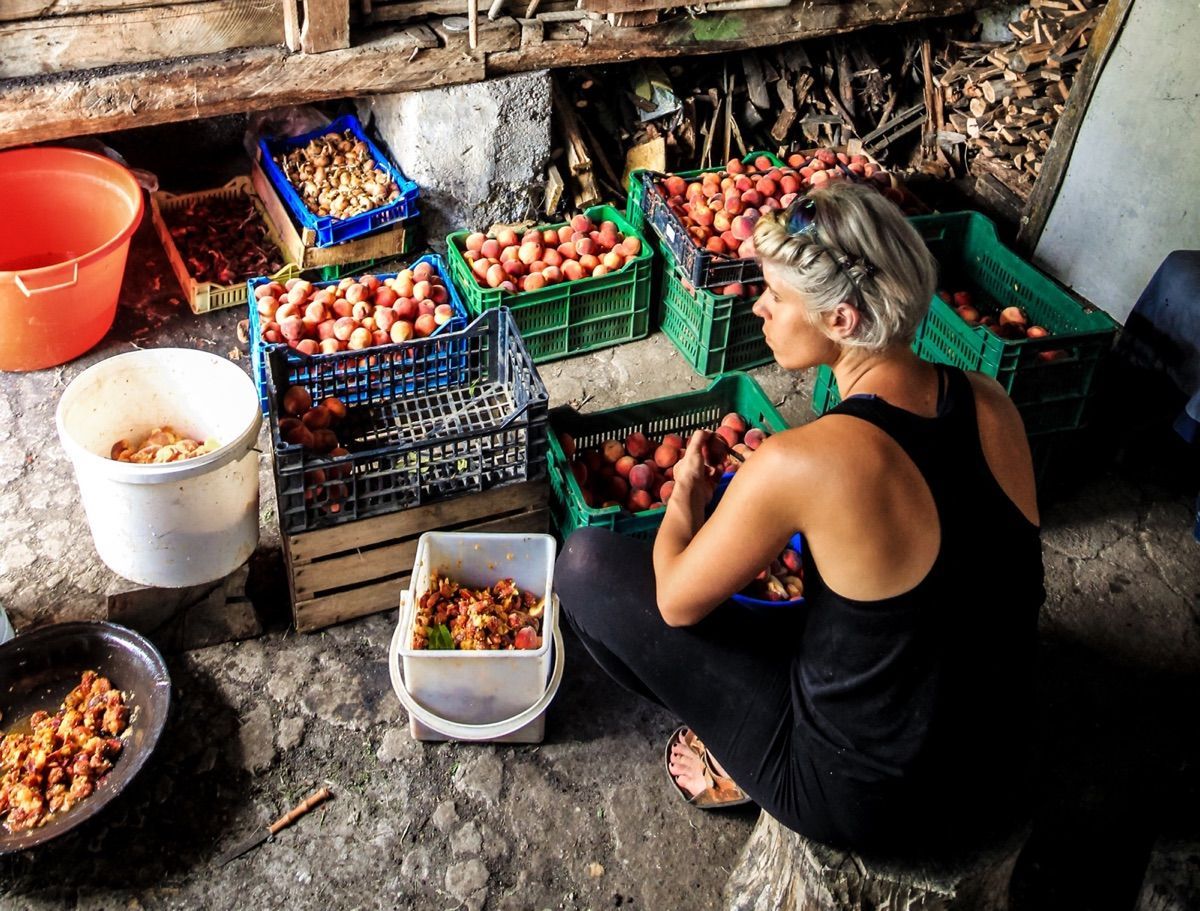After all the negative news we receive every day – today we would like to focus on a positive aspect of the pandemic. Because yes, there are some!
What some have already sensed as a gut feeling within themselves is now confirmed by the ongoing studies of the Rheingold Institute, Cologne, which have been conducted since the beginning of the corona crisis. During the course of the pandemic, the studies clearly revealed that the crisis has accelerated a paradigm shift from "growth at all costs" to a more mindful "culture of preservation." In this way, it confirms the hope expressed by Christian Felber in an interview with us in May 2020.
How does Corona trigger the change of mindset toward greater sustainability?
In depth psychological research showed that four aspects accelerated the change of mind among consumers in Corona times.
1) Concerted efforts towards climate action
Concerted efforts can bring relief to the planet, at least in the short term. In the face of threat scenarios, it has now been proven that the global community can collectively reduce greenhouse gas emissions – if and when they have the will. This realization is spurring a more optimistic underlying attitude toward long-term greenhouse gas reductions.
2) Sensitivity among consumers
Corona has made consumers sensitive. On the one hand, there's concern for themselves and their loved ones. With that comes a longing for deceleration and a more conscious, healthier lifestyle. On the other hand, lockdowns give us all more time for introspection and also to perceive the moods and attitudes of others. A possibly latent bad conscience about one's own consumption is transformed into a conscious reflection on sustainability.
3) Improved family time
As a result of the lockdowns, young people spend much more time with their families as drivers of new dietary and consumer behavior. This encourages parents to reflect, more vegetarian or even vegan food is cooked, after all one does not want to 'roast an extra sausage' for everyone in the family.
4) Pandemic: Nature's way of resetting balance
Participants in the studies see Corona as the planet's revenge for a lifestyle that squanders resources. Similar to adherents of the Gaia hypothesis, some people believe that the Earth is its own living being that activates its immune system against harmful inhabitants. Some religiously oriented participants in the studies even see the pandemic as God's punishment for the poor treatment of creation. For these people, it is clear that action must now be taken more consistently and with united forces.
Corona makes sustainability sustainable
One can speak of a paradigm shift in the acceleration of sustainable consumption as a result of the events of the pandemic. However, this was preceded by a long period of latency during which awareness of more sustainable consumption had only gradually developed.
For a long time, only a small part of the population was interested in sustainable development and responsible consumption, while the majority of consumers – despite many scandals, for example in food production or in the production of clothing – remained true to their consumption behavior. This has changed as a result of the pandemic.
However, a real push toward this trend reversal came even before the pandemic - and it came from young people. Parents could observe that their children were distancing themselves from the lifestyle of their parents' generation. Sharing instead of owning, upcycling instead of buying new, saving food instead of throwing it away, bicycles instead of cars, vegan or vegetarian food instead of meat consumption – this shows the clear stand that young people are taking towards issues such as the environment, climate, species protection or and animal welfare.
Add to this the Fridays for Future movement, which clearly stated responsibility for the state of the planet with "We're young, we're loud, because you're stealing the future from us!" Slowly, adults began to feel some guilt for their lifestyles and consumption as well, and you could see numerous parents and grandparents speaking out and supporting the causes of their children and grandchildren.
Sustainability at the Point of No Return
Research consistently emphasizes that true attitude change is difficult to reverse. That's good, because once people have begun to think and act sustainably, going against that actually creates internal resistance. So, for example, if the organic chicken is out of stock in the supermarket, people would rather come back the next day than buy a chicken from conventional factory farming.
The pandemic thus also shows that the pressure has increased for companies to design products and services in such a way that consumers are happy to use them without a guilty conscience. Current surveys and sales figures confirm that sustainability is increasingly influencing consumers' purchasing decisions. In 2020, for example, there was a 17 percent increase in sales of organic products, and sales of plant-based products from Rügenwalder Mühle are on a par with sales of the traditional sausage business of the Lower Saxony-based company.
More and more media are also reporting on change efforts in companies and showcasing social enterprises that already anchor sustainability in their corporate purpose. Like we published an article on ProjectTogether from Berlin, and their ways of incorporating the SDGs in their business model. In this way, companies, consumers and the media are supporting each other in their change. The social pressure for sustainability is therefore increasing. It is increasingly difficult to 'look good' with conventional consumption. We are at a point of no return – and that's good!
The studies of the renowned Cologne Rheingold Institute are conducted by a team of psychologists. The studies on which this article is based were mainly in the areas of food, retail and consumer goods, and we spoke to Sabine Loch, psychologist and senior research consultant. At the institute, she is responsible for the areas of retail, food and non-profit organizations.



















